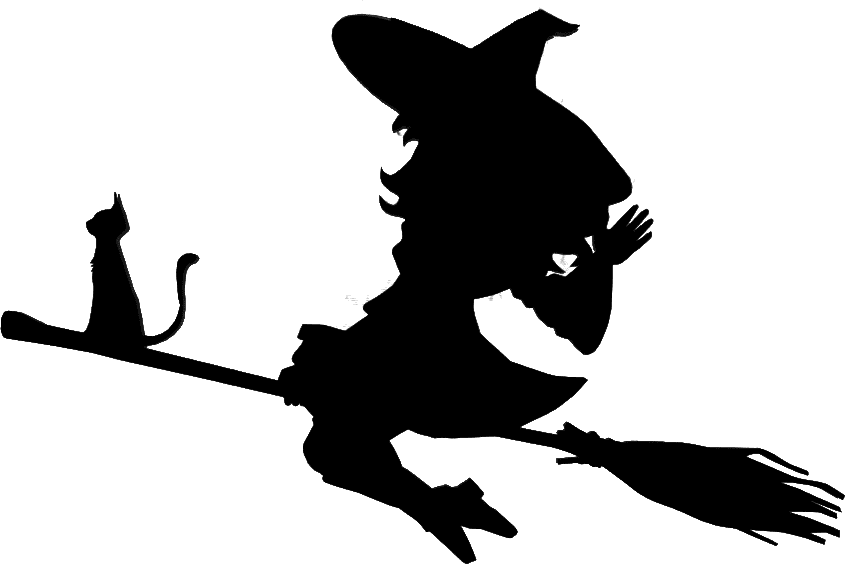Albus and his friends, Nicolas Flamel and Filius Flitwick, are afficionados, as are Minerva’s father and brother, so music naturally plays a part in the series. From Scottish folk music to opera to ’50’s pop, it’s an eclectic mix.
On the Epithalamium Inspiration page, you’ll also find playlists of music that inspired me and got me into the mood for writing.
Used in “Bonnie Wee Thing”, the music was written by Liza Lehman (1862–1918) to a 1793 poem by Robert Burns.
Used in Epithalamium, the Requiem was Mozart’s final work. It was completed after his death by Franz Xaver Süssmayr. This is the final movement of the piece.
Minerva sings this traditional Scottish folk song with lyrics from the poem by Robert Burns. Although she certainly knows the bawdier version, this is the one she sings in company.
Minerva and Albus are lucky enough to hear a bit of this masterpiece played on the famed organ of Paris’s Saint-Eustache church.
In Till A’ the Seas Gang Dry, Minerva and Albus talk about Elvis Presley’s 1957 chart-topper, “All Shook Up”, although neither of them has heard it.
Albus dreams of Minerva singing this traditional Scottish song, set to Robert Burns’s 1794 poem.
Minerva and Albus listen to this aria from Verdi’s opera about fate in “Familiar Rituals”. Here sung by the incomparable American soprano Leontyne Price.
Used in Epithalamium, “My Love’s in Germany” is a traditional Scottish folk song with lyrics from the 1794 poem by Hector Macneill.
Albus and Minerva attend a performance of the final work from Richard Wagner’s four-opera cycle, Der Ring des Nibelungen. This excerpt is from the end of the opera, where the heroine throws herself on the hero’s funeral pyre. Sung here by the artist Minerva and Albus hear, the superb Swedish soprano Birgit Nilsson.
Einar McGonagall sings this traditional Scottish folk song, with lyrics from the poem by Robert Burns.
Albus and Minerva dance to this dreamily romantic tune by George Gershwin, composed to brother Ira’s lyrics for the 1928 musical Funny Face. Sung here by the inimitable Ella Fitzgerald.
Minerva and Albus hear this performance—this actual performance (it was recorded live)—of Giuseppe Verdi’s opera about paternal and spousal love and Venetian politics, Il due Foscari. Here, elderly Doge Francesco Foscari denouces the faction that has deposed him and exiled his son, and lays down the trappings of his office. At the end of the recording, you can hear the audience go crazy for the performance of baritone Giangiacomo Guelfi. (You can make out the calls for a “bis“, meaning “again”—a rare honor for an opera singer.)
In Because It Is Bitter, and Because It Is My Heart, Snape listens to the famous overture from Richard Wagner’s opera.

Lorem ipsum dolor sit amet, consectetur adipiscing elit. Ut elit tellus, luctus nec ullamcorper mattis, pulvinar dapibus leo.